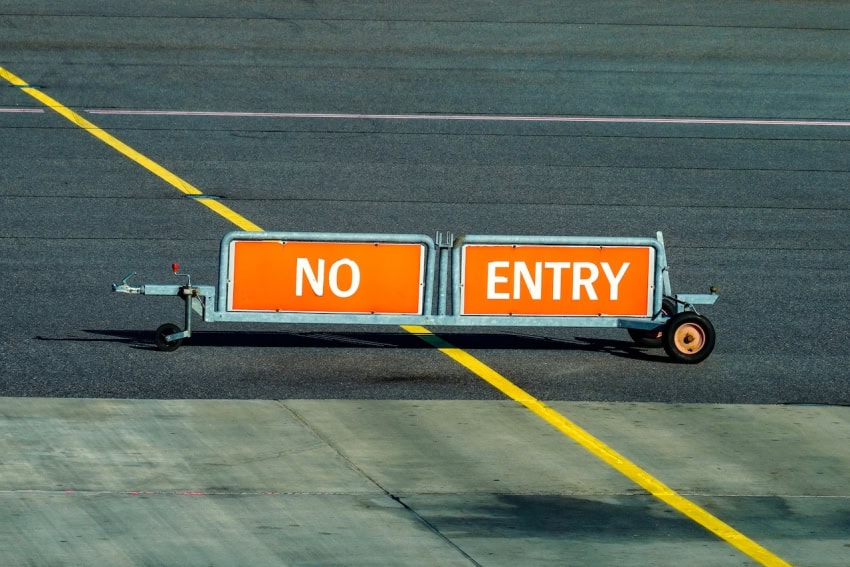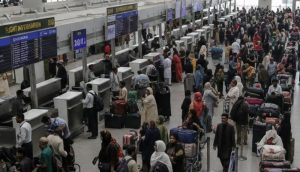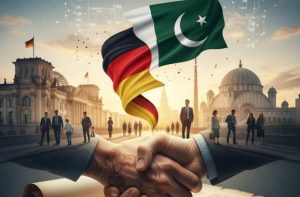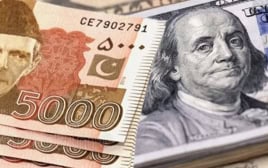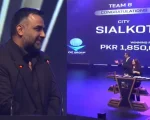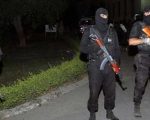OSLO – In another blow to the Kremlin, the authorities in Norway have announced to join the list of countries that have banned the entry of cars with Russian licence plates.
Norway’s Minister of Foreign Affairs, Anniken Huitfeldt, said that the ban for Russian-registered passenger cars will start applying from October 3, adding that Norway will continue to support Ukraine and that the anti-Russia measures are aimed at stripping the country of income used to finance the invasion of Ukraine.
‘Norway stands together with allies and like-minded people in the reactions to the brutal war of aggression that Russia is waging against Ukraine. It is important that the sanctions are effective so that we prevent as much as possible income that the Russian state needs to finance the war,’ Huitfeldt stated.
Norway’s Ministry of Foreign Affairs clarified that its decision follows the clarifications made by the Commission of the EU on the existing prohibitions, Schengenvisainfo reported.
Certain exemptions to the ban exist in place despite the announcement. For example, the ministry has explained that vehicles that are owned by Norwegian citizens or EEA citizens with permanent residence in Russia or their family members are not subject to the ban.
Moreover, Russian-registered vehicles entering Norway for humanitarian reasons, as well as diplomatic vehicles are exempted from the ban.
It bears mentioning that the specification is aimed at the means of transport being used, and not the persons using the means of transport. For instance, even if a vehicle is covered by one of the exceptions, this does not imply that the people in the car are automatically allowed to enter Norway.
Russia is facing severe pressure from European powers as Finland, Estonia, Latvia, Lithuania, and Poland have already implemented the ban on passenger vehicles with Russian licence plates.
Finland was among the first neighbouring countries of Russia to introduce the entry ban and the Finnish Ministry of Foreign Affairs said in September that the ban had been enforced in line with the Commission’s clarifications.
On the other hand, Russia has complained against the bans, saying that these countries are discriminating against its citizens.
The severity of the matter could be gauged from the fact that the Ministry of Foreign Affairs of Russia stated that the EU wants to drop an “iron curtain” and keep contact between people to a minimum.
The Russia-Ukraine conflict, originating in 2014, stems from territorial disputes and political differences between the two nations.
The main issue revolves around Russia’s annexation of Crimea and the ongoing separatist movements in Eastern Ukraine, particularly in regions like Donetsk and Luhansk.
Russia claims to support the rights of ethnic Russians in these areas, while Ukraine asserts that it is defending its territorial integrity against external aggression.
Moscow argues for greater autonomy for these regions, while Kyiv maintains that they should remain an integral part of Ukraine. The conflict has led to a complex geopolitical situation, involving international sanctions against Russia, ongoing diplomatic negotiations, and periodic flare-ups of violence. The situation remains a subject of global concern, with efforts to find a peaceful resolution continuing on various diplomatic fronts.

